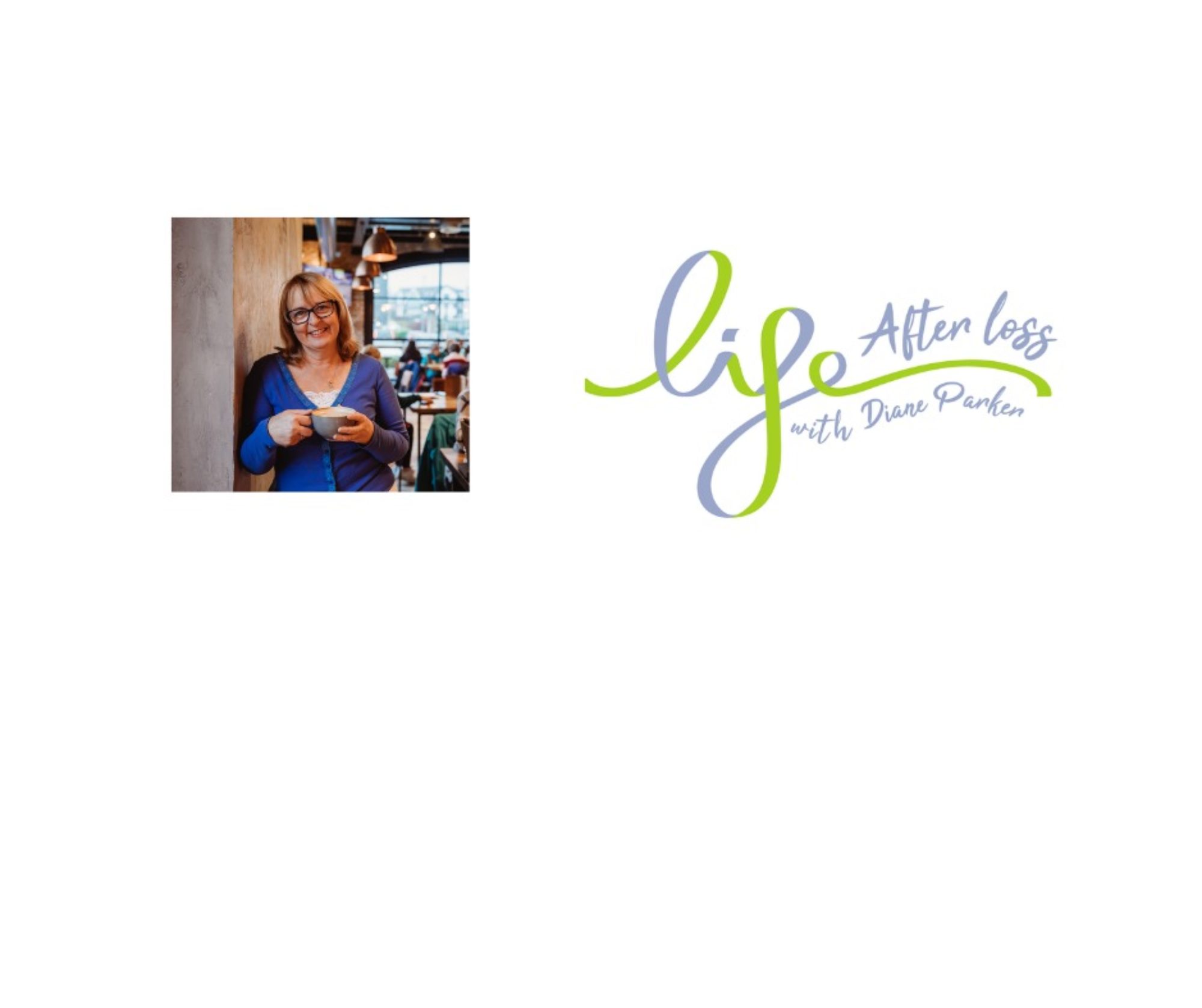I recently met with a Client from years ago for a coffee catch up. I am so very proud of her and all that she has gone on to achieve with her life, fulfilling her hopes and dreams out of extremely difficult circumstances.
She said that I now “pop up” in her life as something has happened that she needs guidance on. This time, it was a friend who had died from Suicide. After a lengthy discussion, it also turned out that in an extended family way, I was connected to her friend through her son, and his father. My client was obviously extremely shocked and then horrified that I had found out this way, but it had only happened a few days earlier and of course the immediate family were trying to “make sense” of what had happened.
About a week later, another friend of mine shared that his friend had also committed suicide. Whilst my heart breaks for those who did not feel that they could reach out and talk through with someone before these deep rooted feelings lead them to take their own life, what about those who are left behind?
Instinctively people will hop on what I call the “wheel of life” Blaming themselves or others, Shaming themselves (I should have…./if only I/they had) or justifying themselves to themselves or others …..) This is usually part of the emotional isolation that people will retreat into while they try and “make sense” of what has happened and trying to understand why? Focusing on the cause of the loss, increases that isolation for those left behind.
In the Grief Recovery Handbook they ask the following painful question. Would you miss your loved one any less if he or she had died some other way? The answer is always no.
As for anyone who has experienced a loss would be asked the question; of what is left emotionally unfinished for you as a result of this death?
Whatever the tragic circumstances, perhaps leading to the need for jury verdicts, media coverage or lawsuits – when that is all over, you are still left with what is emotionally unfinished between you and your loved one. For anyone to say do what you need to have “closure” is unhelpful and inaccurate. To have peace with the unfairness of it all and acknowledge that we have been affected by the circumstances of the death will happen for you when you decide you are ready to become emotionally complete. The Grief Recover Method programme will help you do just that.
Then there is Guilt! A misused word applied to grief. Did you yourself intend any harm to your loved one? NO. Guilt implies harm – its in the dictionary! Any time that you feel what we have come to learn as “Guilt” remember the true meaning of the word!
Perhaps there is an image that you are struggling with, especially if you found your loved one. Which was a very traumatic experience for you. Trauma and PTSD are general terms about the impact of Loss. Grief is the natural emotion that we have towards those losses. Labeling those losses as trauma and PTSD moves you away from your recovery of those losses. You will find a whole chapter in the Grief Recovery Handbook devoted to helping you with this subject as it covers such a wide range of associations. Defined n the Oxford English dictionary Trauma – psychic wound, unpleasant experience that causes abnormal stress, linked now to PTSD. You may need the support of a therapist while also completing the GRM programme. Please do ask for help and support.
I know from my own experience dealing with “trying to control” my feelings and emotions after I first lost my husband was extremely tiring, exhausting! I felt frustrated that I could not “shift” that energy! (as someone who is an advocate of NLP this was extremely annoying that I couldn’t change my state – or if I did, it would only be for a short time). I kept visualising my husband lying in the ITU, then laid out. These images at that moment takes over all other happy images and memories. I was mentally and physically drained by the time I found and completed the Grief Recovery Method. I slept so much better afterwards. The GRM helped ease the pain in my heart and so when I looked at his pictures (which I found extremely difficult), the pain had eased. I came to learn was because my heart had to heal. My heart was broken, not my head!
We get a lot of misinformation handed down by generations from one to the next. People will teach what THEY know which was most likely what they themselves were taught. If you are struggling, perhaps even asking what is “wrong with you” please know that there is nothing wrong with you. Go and find a Grief Recovery Specialist to help you relearn how YOU do grief. because you are unique, one shoe does not fit all!
Equally, if you are reading this and have had feelings towards Suicide please please go and reach out to anyone, just talk to someone. Find a therapist, they are taught to help without judgement, blaming or shaming. If you are feeling ‘out of control’ speaking to someone is you doing just that. You are taking steps to help yourself and take back your control of you. Or just want to talk please phone the Samaritans. Their number is 116 123.
Tomorrow I am co-hosting a talk on the Grief Recovery Method with my friend, Dianne Lewis. If you would like us to come along and talk to your group/office, please let me know. email Diane@mlaiom.com. The more we get people talking about their losses in life, the freer it will become. Less fearful to share and say, “I am grieving, will you listen to me?
